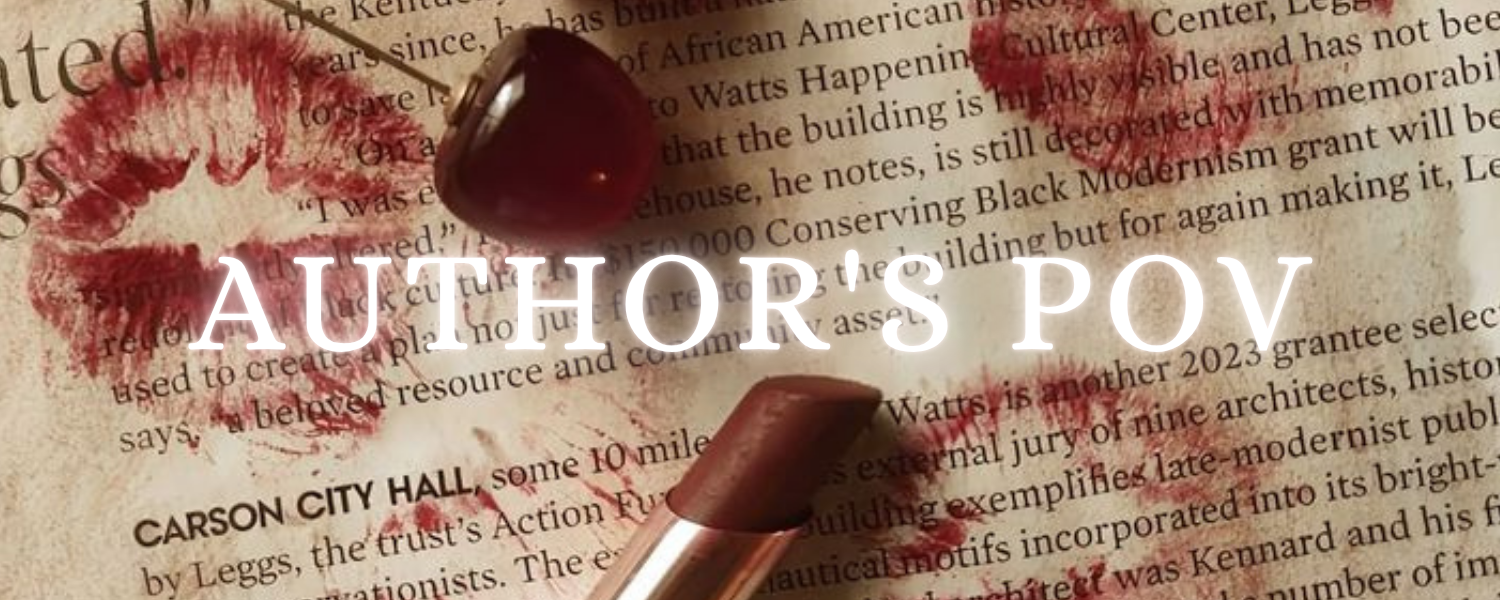
It had been two days since the roka. Two days since promises were made under heavy silences and reluctant nods.

Show your support

It had been two days since the roka. Two days since promises were made under heavy silences and reluctant nods.

Write a comment ...
Write a comment ...